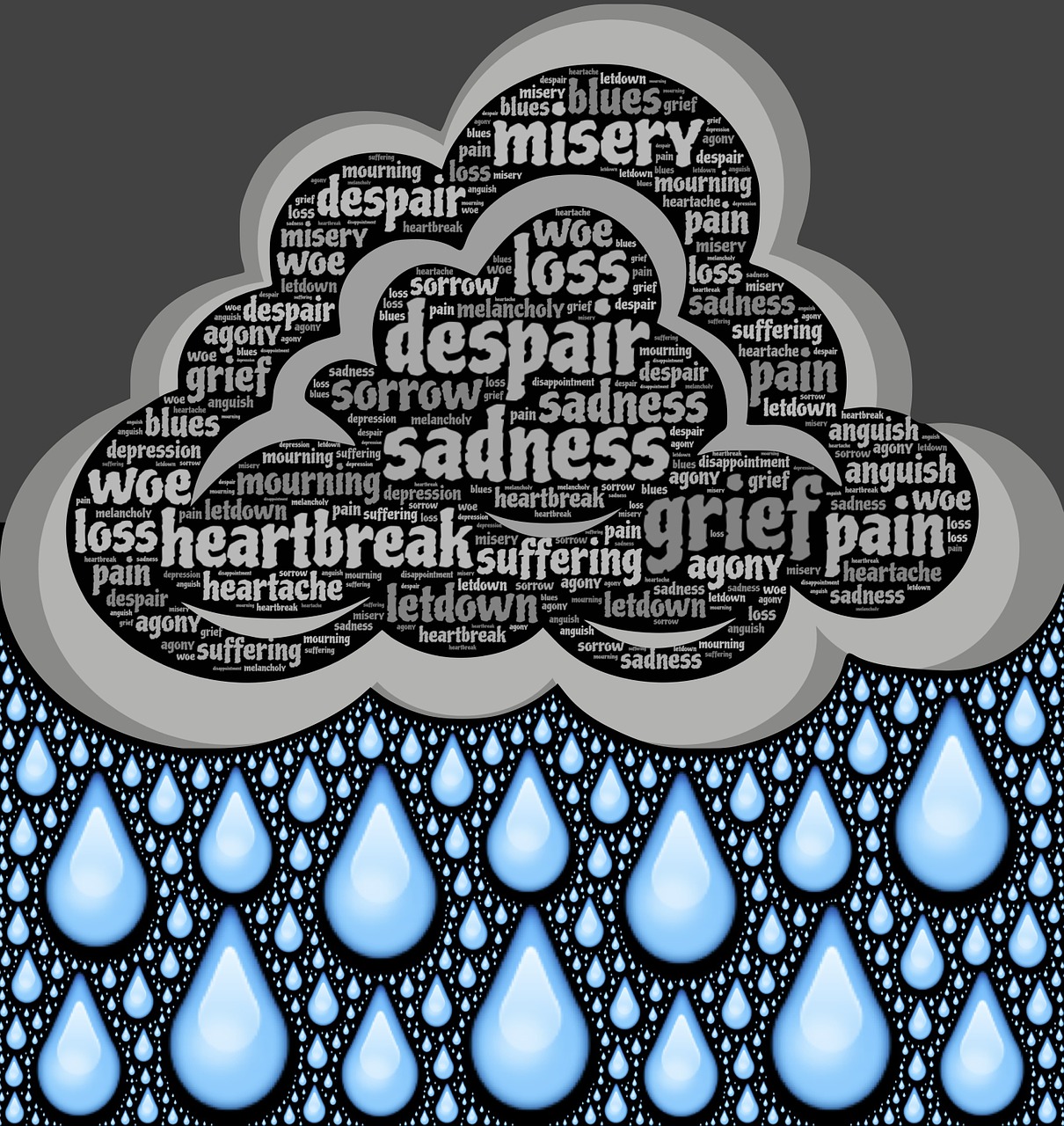
Grief and Depression: Sorting Out the Differences
When you lose someone you love, you grieve. It may feel like depression. After awhile, it may become depression. But the two can be complicated and the terms used interchangeably, when in fact they can be quite separate. Just because you grieve doesn’t necessarily mean you are depressed. Knowing the differences between the two can help. So can bereavement services in San Mateo and elsewhere.
Grief and depression share many similar symptoms. That being said, it’s important to note that each one is a separate and distinct experience. It’s equally important to make this distinction because the treatment options are very different. If you suffer from depression, it can save your life to get a diagnosis and seek treatment. On the other hand, grief is a normal reaction to loss, something many people have to go through naturally to heal, points out Very Well Mind.
How They Compare
What makes it so confusing is that there are so many similarities between the two, such as:
- Intense sadness
- Weight loss
- Poor appetite
- Insomnia
On top of that, grief can morph into complicated grief, which does not go away in time and can resemble depression in many ways. Some people with complicated grief may even have self-destructive or suicidal tendencies, similar to those with depression.
How They are Different
The main difference here is that most forms of grief tend to decrease over time, coming on in waves triggered by reminders of a loved one. So you may feel OK one day, such as when surrounded by friends and family, but then the next day you’re right back where you started because it was your loved one’s birthday, or perhaps you attended a wedding and it brought back memories of your own wedding to your spouse.
Grief is marked by intense sadness, irritability, anger, and difficulty accepting the fate of a loved one. The sting of these feelings tends to lessen a bit over time.
Depression is different in that it is persistent and pervasive. There may be thoughts of suicide, feelings of worthlessness, hallucinations, and prolonged difficulty participating in daily tasks.
Another main difference between the two is that grief is associated with a specific event or loss of a loved one, but with depression, there isn’t always an identifiable loss. In grief, the focus is on the loss; in depression, the focus is on self. In grief, self-esteem is usually not affected; in depression, loathsome feelings toward oneself are generally present.
There’s no medical treatment for grief, in general, unless it is so severe that it interferes with daily living, in which case anti-anxiety medication may be prescribed. If the grief is interfering with sleep over a long period of time, sleep aids may be prescribed. If the person is diagnosed with major depressive disorder (MDD), they may be given anti-depressants.
Common Stages of Coping With Loss
There are typical, common stages of grief that most people go through. They include:
- Denial, numbness, shock, anger: Numbness is normal when losing someone, and shouldn’t be confused with the person not caring. Grief protects us from the enormity of the loss we have suffered. It’s a built-in defense mechanism that keeps us from experiencing the intensity of the loss all at once, says WebMD. This comes in handy when the bereaved have to plan a funeral, make financial decisions, notify relatives, etc. We gradually get through the experience and begin to slowly acknowledge the true impact; however, that initial denial will fade. You may also feel angry initially that your loved one left you all alone.
- Bargaining: This is when the person constantly mulls over what they could have done to prevent the death or other loss, such as divorce, job loss, etc. If the person fails to properly deal with and resolve these feelings, they may live with pervasive feelings of guilt that can interfere with the healing process.
- Depression: This is when the true extent of the loss settles in, usually after all the well wishers have gone back to their own lives and you are left to rebuild your life. You may feel fatigue, lack of energy, self-pity, loneliness, isolation, anxiety, have trouble sleeping and have a poor appetite. You may not want to get out of bed, and you may have lost all interest in things that you used to enjoy. It’s important to talk to someone at this stage, such as a counselor or others within a support group.
- Acceptance: It may take a while, but in time, you will come to terms with the emotions you experienced when the death occurred. Only now can healing begin.
Contact Pathways Home Health and Hospice
We offer many helpful resources here at Pathways for those going through grief after the loss of a loved one. Our bereavement services include workshops, one-on-one counseling, support groups and more. Contact us to learn more at 888-978-1306.

